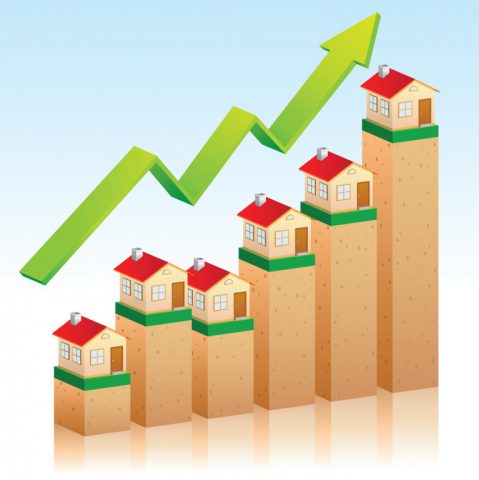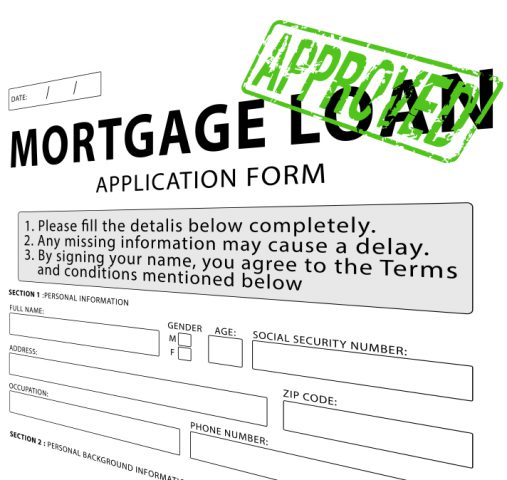Disappointing Spring for property transactions, says RICS
The most recent data released from RICS and in general, it does not illustrate a great outlook for the UK housing market.
Data from the report reveals that new buyer enquiries, selling instructions and agreed sales slipped further during May.
What’s more, price growth also saw a loss in momentum and is forecasted to slow more over the next quarter.
Election Uncertainty
Respondents to the RICS survey feel that the declines could well be due to the General Election, with many investors are adopting a wait and see tactic.
During May, 25% of those questioned said that there was a decline in new listings, which in turn gave the most negative reading since July 2016. What’s more, new buyer enquiries fell across the UK, after remaining consistent over the previous six months.
Agreed sales also continued their decline, for the second straight month. The national indicator showed 8% less respondents seeing a slide in agreed sales. Expectations for the next three months have seen little change. However, for the next year, respondents seem more optimistic, with 26% believing that activity will increase.
Simon Rubinsohn, Chief Economist at RICS, said: ‘Although the latest survey suggests that uncertainty related to the General Election may have contributed to what appears to have been a disappointing level of transactions in the housing market over the spring, perhaps the most ominous signal emanating from the data released today is that contributors still expect house prices to increase at a faster pace than wages over the medium term despite the difficulty many first time buyers are clearly having in taking their first steps onto the property ladder.’
‘The increasingly tight second hand market remains a cause for concern with the RICS series tracking new instructions to agents recording its fifteenth successive negative reading. It is hard to see this as anything other a major obstacle to the efficient functioning of the housing market.’[1]

Disappointing Spring for property transactions, says RICS
Boost
Robert Grigg, Managing Director of Property Finance at Hampshire Trust Bank, observed: ‘To make homeownership a reality for more people, we need to boost housebuilding activity and we believe SME housebuilders are key to unlocking potential new developments across the UK. Smaller housebuilders not only help to increase housing stock, but with many based and operating within their local area, they are more attuned to ensuring the right properties are built in the right place. With our SME Growth Watch report highlighting economic uncertainty as the greatest barrier to growth for smaller construction firms, following the outcome of today’s General Election, we urge the government to work with SME housebuilders to create a stable environment for future growth.’[1]
Brian Murphy, Head of Lending at the Mortgage Advice Bureau, also stated: ‘What’s apparent from the report is that house price growth is still in positive territory with ‘modest gains’ in most areas – that’s hardly cause for concern and isn’t the same as the market seeing key indicators for a fall or sharp correction.’
‘The continuing lack of supply isn’t a surprise, with the current political goings on deterring those ‘discretionary sellers’ who normally add a valuable additional number of available properties to the Spring market, inevitably providing buyers with more choice,’ he continued.[1]
Concluding, Mr Murphy said: ‘It’s probably reasonable to suggest then that, when all is said and done, surveyors up and down the UK are observing on the ground what many others in the industry suspect; those who need to move are doing so, and those who are seriously considering it are just ‘holding off’ for a few weeks and then, regardless of the Election result, are likely to get on with it. Whilst that may mean the market has been slightly more subdued last month, there’s nothing to suggest that this is anything more than the normal pattern for the housing market around an Election, and that consumer confidence in UK property remains undeterred.’[1]
[1] http://www.propertyreporter.co.uk/property/spring-transaction-levels-disappointing-says-rics.html

